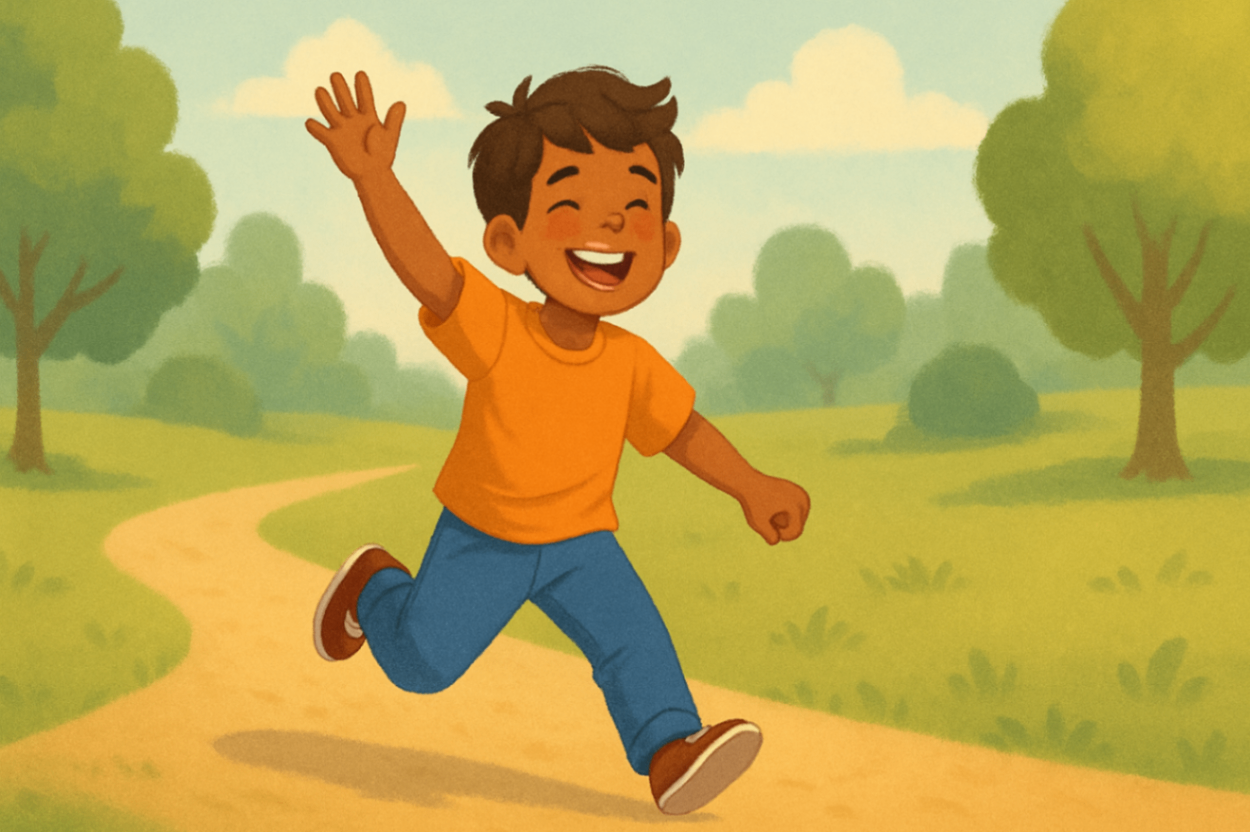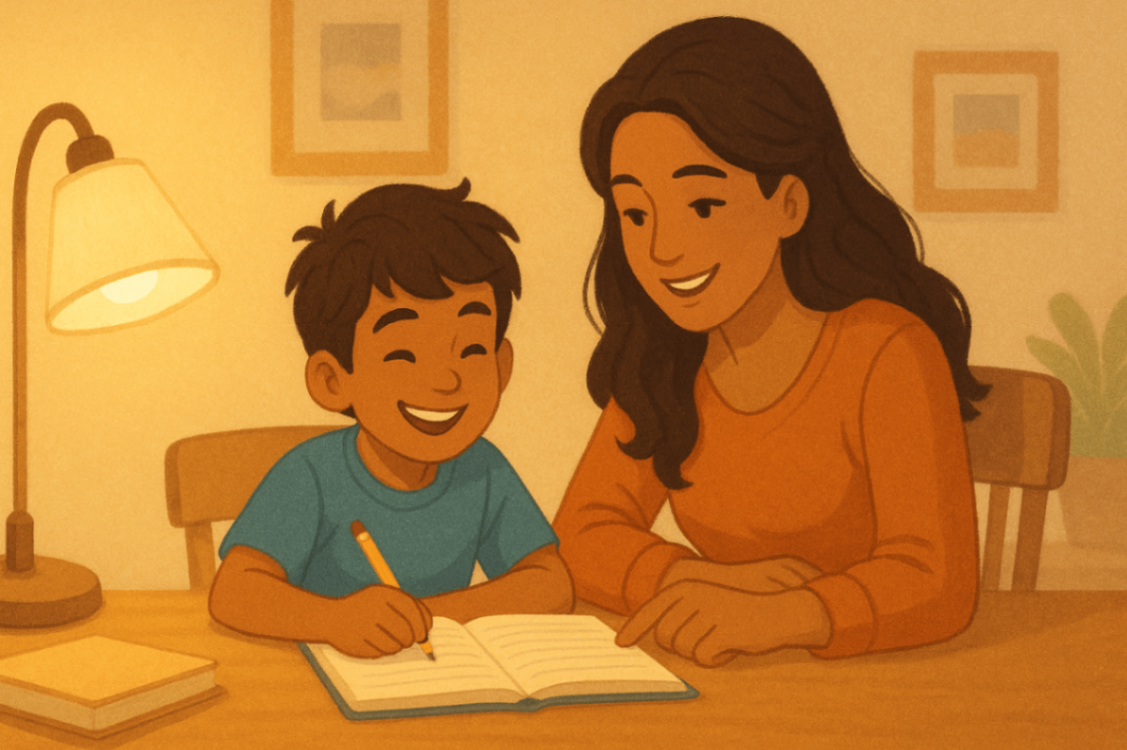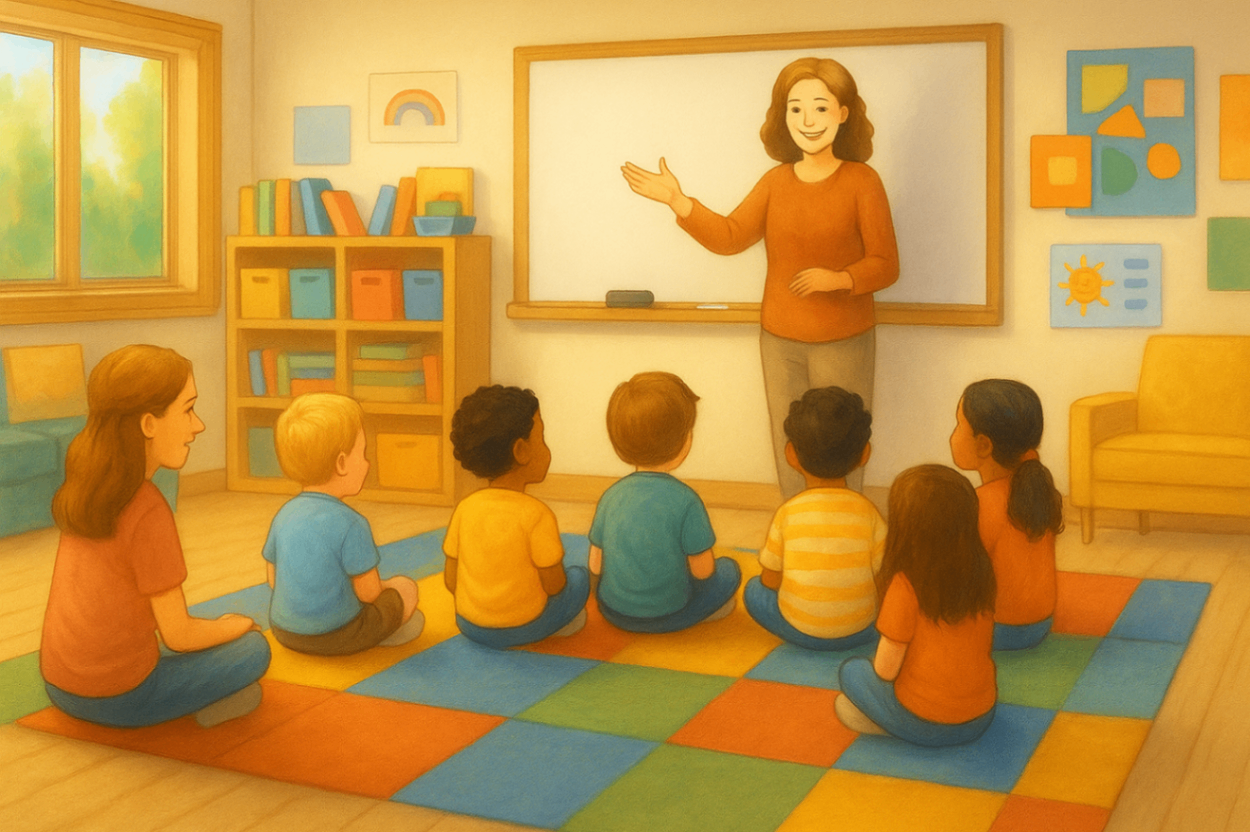
the long-term impact of specialised behaviour support on child’s development
20 June, 2025

Key Highlights
-
Specialist behaviour support offers tailored strategies to address challenging behaviours and improve a child’s quality of life.
-
Positive behaviour support focuses on creating healthier environments to foster long-term developmental outcomes.
-
Early intervention significantly enhances social, emotional, and practical skills, shaping a child’s overall growth.
-
Behaviour support practitioners use evidence-based plans to reduce restrictive practices and promote proactive solutions.
-
Families often experience better dynamics and outcomes through quality support and supervision services.
-
Achieving a meaningful life relies on the right support, collaborative approaches, and continuous reflection.
Introduction
Specialised behaviour support is there to help children who show challenging behaviours. It looks at what each child needs and makes plans with steps that are proven to work. Positive behaviour support (PBS) is a big part of this. It helps children connect with the people and places around them and grow important skills for life. By doing this, children get support, and the families and carers also learn ways to get good results. When we look at the long-term results, we can see key ideas, ways of working, and rewards for both the children and the families who care for them.
Understanding Specialised Behaviour Support
 Specialised behaviour support uses careful steps that are planned out by skilled people to help manage behaviours that can concern you, carers, or others around the person. These approaches are based on proven ideas, aiming to improve a person’s quality of life. At the same time, they work to lower actions that take away from a good day-to-day experience. These support plans are made just for each person. They make sure each goal matches where a child is at and what the child needs for development.
Specialised behaviour support uses careful steps that are planned out by skilled people to help manage behaviours that can concern you, carers, or others around the person. These approaches are based on proven ideas, aiming to improve a person’s quality of life. At the same time, they work to lower actions that take away from a good day-to-day experience. These support plans are made just for each person. They make sure each goal matches where a child is at and what the child needs for development.
People who deliver this support can be clinicians, occupational therapists, or other trained workers. They offer help in a caring way and always think about what the child has been through. These plans are bendable. This means the family and carers can join in and help decide what the child needs to reach for better behaviour and outcomes.
Key Principles and Approaches of Specialised Behaviour Support
One of the core ideas in behaviour support is that it puts the person first. Every plan looks at what the person needs and what they want. Positive behaviour support (PBS) uses proactive strategies that help to stop problems before they start. These strategies look at things around the person and the main reasons for their behaviour. There is less use of restrictive practices with this way, and it builds systems that are both healthy and open to everyone.
Working for better results with positive behaviour means carers, families, and professionals all have to join in. They help people grow and feel safe. Behaviour interventions in PBS try to stop problems from happening, instead of just reacting when they do. This leads to real change for the long run. A big part of this is reflective practice, where people always check their plans and change them for the better.
Making choices using data is also very important in behaviour support. When you track progress, you can see which strategies give the best outcomes. This helps people doing the work keep making their help better. Families and carers get stronger support systems, and the child and their whole world become stronger, too.
The Role of Practitioners and Support Teams
Behaviour support practitioners have a key role in helping kids grow and learn. They make plans based on real evidence. These plans mix good, practical skills with goals for the long run. The practitioners take part in professional development opportunities. This helps them stay up to date with what works best. In the end, the child and their family get the best possible help.
Reflective practice is important in everything practitioners do. They use it to look back at how they help others, so they can see what works and make changes when needed. Practitioners get regular supervision and can use clinical support services. This makes the help they give even better. It also helps the practitioners do good work and keep growing in what they know.
Support teams need to work together to better handle behaviour issues. This teamwork includes families, carers, and other practitioners. When everyone joins together, it is easier to build strong systems that help kids keep doing well. With the right strategies, teams can break down barriers and make a caring space for all. Doing this gives everyone the chance to live a meaningful life.
Positive behaviour support
Positive behaviour support (PBS) turns different kinds of support into full systems that focus on each person. This way of working helps improve someone’s quality of life. It does this by helping people learn new skills and make strong social connections.
PBS uses evidence and facts to guide what it does. It does not only look at behaviours that may cause worry. PBS also gives carers and families more ways to help. By learning about what causes certain behaviour, PBS practitioners work to lower hard or disruptive behaviour. They use steps that help and support the person, making sure the goals match with the person’s feelings and social growth.
Positive behaviour support helps people set up strategies they can keep using for a long time. It teaches children skills to deal with hard times and simple tools they can use each day for their behaviour. As time goes by, these steps help children do more on their own and build lasting relationships. This support helps both the child and the people around them.
Early Intervention and Its Impact on Development
 Early help can really change the way a child grows. When children get support for behaviour at the right time, things like autism and mental health problems are easier to handle. This support helps build a strong base for their future.
Early help can really change the way a child grows. When children get support for behaviour at the right time, things like autism and mental health problems are easier to handle. This support helps build a strong base for their future.
Getting help when children are very young gives them the best chance to grow and feel good. Early action helps them do better with thinking and feelings. Families see better results at school and with friends when they know about these things. When we look at how early plans help children learn skills, we see why it is so important to act fast.
How Early Support Shapes Social and Emotional Skills
Practical help during the early years creates a strong base for a child's social and emotional growth. When children learn important social skills, they get better at talking to friends, showing feelings in the right way, and making connections. These skills are key when they have to be in their community.
Emotional strength gets better when support is given based on what the child needs. Adults make spaces where kids can feel good, deal with stress, and handle tough times. This helps them keep good mental health and sets them up for a better future.
Children pick up new skills from early support, and these changes can lead to a meaningful life. Many parents see big steps forward when their child joins groups or learns to do things alone. This helps not just them, but also their families and community. These good results show why it is so important to help early and keep working with the child as they grow.
Long-Term Benefits of Specialised Behaviour Support for Children and Their Families
Specialised behaviour support helps children in a big way by looking at the small details of each child's growth. When the right support uses strategies that help them live a more meaningful life, it can improve the quality of life for both the child and the family.
|
Benefits for Children |
Benefits for Families |
|---|---|
|
Development of coping strategies |
Enhanced family relationships |
|
Improved mental health outcomes |
Reduced stress and increased confidence |
|
Social and emotional skill growth |
Access to professional guidance |
|
Enhanced autonomy |
Sustainable support plans |
With the right support, families get help that matches what they want for their child and what the child needs. By working together, everyone can get the best outcomes and live a good, meaningful life.
Conclusion
To sum up, when it comes to a child's growth, the long-term effects of behaviour support are huge. Giving early help and making plans that fit each need can help families build key social and emotional skills in their children. This often leads to better results in different parts of life. The success stories we have seen show that with good behaviour support, tough times can turn into chances for your child to grow and get stronger. As we all want to make life better for our children, it is important to look at what each child needs and work with someone trained in behaviour. When you get help from people who know their work, you and your child can move through these times in the best way possible. If you think your child could use some behaviour support, do not wait to look for what is out there. Reach out now and see how behaviour support can help your child have a better future.
Looking for the immediate benefits? Start with Top Benefits of Specialised Behaviour Support for Children With Challenging Behaviours in Liverpool.
Frequently Asked Questions
What are the signs that a child may benefit from specialised behaviour support?
Some signs to watch for are behaviours that happen often and make daily life harder. These can be mood swings, pulling away from people, or doing the same actions over and over in an intense way. Children who have autism or have trouble reaching milestones in how they grow usually get referrals to see a specialist. That specialist is a behaviour support practitioner.
How does specialised behaviour support differ from general behavioural strategies?
Specialised behaviour support makes plans that meet a person’s needs. It uses proven ways to help, like positive behaviour support (PBS). This kind of support looks at complex issues. It uses expert help. General ways may not go as deep. Specialist behaviour support can give more detail and care.
Can specialised behaviour support be integrated with school programs?
Yes. Schools work closely with NDIS and organisations by sharing information with clinicians. Behaviour support plans are shaped to meet each school’s needs. This helps keep things the same when fixing behaviours and also helps students do well at school.
How is progress measured in specialised behaviour support plans?
Progress is tracked by using behaviour support plans. These plans show the objectives, interventions, and outcomes for each person. The evaluations look at practical skills and how well people reflect on their work. The aim is to use fewer restrictive practices and help everyone get the best outcomes over time.
.svg)

















